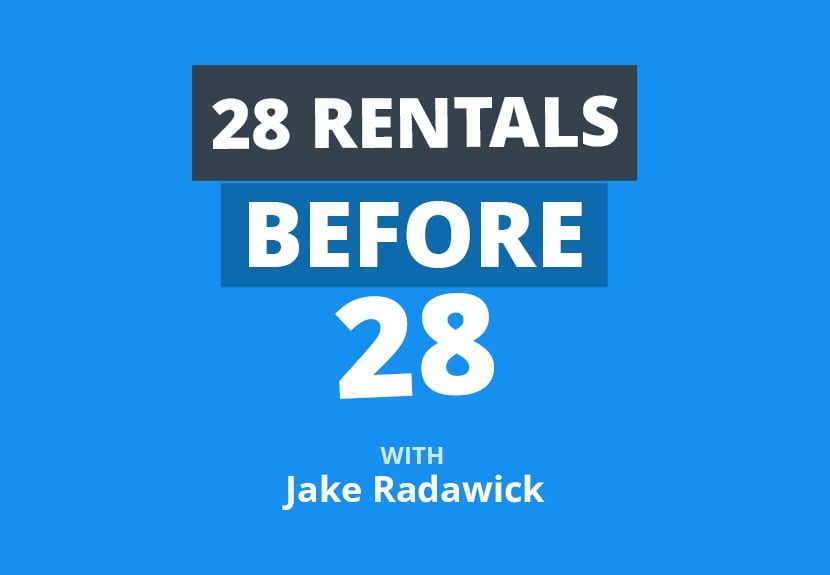Your mileage may vary, dear reader, but I’ve never been much of a fan of bundled goods. In theory, you might find a bundle that includes exactly what you want, and only what you want, and comes at a lower price than all the individual components. But it’s never worked out that way for me. My cell phone plan, for example, lists out 20 different bundled “features” that are all included in my bill. But there are only about three or four things on that list I actually care about, want, or use. For example, my cell phone plan has included, among other things, a cloud backup service run by Verizon. This is a completely redundant service for me, as I already have cloud backup with iCloud and Google services – Verizon just also happens to run a pretty terrible knock-off version of those platforms. I doubt much of anyone would pay for it if it was only a standalone service. Hence, the best way to get more and more people to pay for their low-quality services it is to mandate bundling them with their high-quality services.
But, unfortunately, selecting a less expensive plan that includes fewer of these (to me) worthless add-ons also just so happens to cut back on the services provided with the features I actually do care about, resulting in lower data speeds and diminished (or eliminated) mobile hotspot abilities. There’s simply no option to choose a plan that includes only a high-end version of those few features I do want and cuts out all the rest. Boo.
For the same reason, I stopped getting any kind of cable TV service years ago. I’m not much of a TV guy – at any given time there are maybe two or three shows I might even aspire to keep up with, assuming I have the time. But unfortunately, there was never an option to only get the few channels I might actually want to access. In order to get them, I would have to get a whole bundle that included hundreds of additional channels of content I had absolutely no interest in watching or paying for. Luckily, streaming options have allowed me to largely bypass this particular annoyance.
Anyway, all of that was just a meandering framing for another kind of bundling I like even less – political bundling.
Political bundling is something I’ve touched on before in my multi-post review of Randall Holcombe’s book Following Their Leaders: Political Preferences and Public Policy. To recap very briefly, Holcombe argues that in politics, people have both anchor preferences and derivative preferences. As he puts it, “Anchor preferences are those that define people’s political identities. They define how people see themselves, and how they want others to see them.” Derivative preferences, as the name suggests, derive from the anchor: “Most policy preferences are derivative preferences, derived from the preferences associated with the person’s anchor. People’s political identity forms an anchor, and most of their policy preferences are derived from that anchor.”
According to this model, much of the (past) support among Republican voters for free trade did not come about because of a measured consideration of the issue by those voters. They supported free trade because they were Republicans, and Republicans support free trade. But being a Republican was, for many, the anchor point, and support for free trade was simply derivative from that. Hence, as Holcombe put it, “The Republican party, at least since Ronald Reagan’s presidency, supported free trade, but after President Trump won on a protectionist platform aimed at China, Mexico, and other countries, most Republicans did not push back and argue that Trump’s protectionist policies were out of step with the party’s values.” Instead, most rank-and-file Republicans simply switched their position on free trade. Now, support for free trade among Republican voters has plummeted, not because of a measured consideration of the issue by those voters, but because they are Republicans and Republicans don’t support free trade.
Holcombe argues that since in America there are effectively only two choices for political party at the national level, there are also at any given time effectively only two bundles of policies available to voters. Voters will vote for whichever bundle happens to align with their anchor preference, whether that is their political identity (I’m a Republican!) or some specific issue (We need more gun control laws!). Because all the other policies come along with the bundle, voters just adopt those other policies as preferences wholesale. Michael Huemer has made similar observations, writing “This is part of why I say ideology isn’t about ideas. If people actually cared about ideas, a party couldn’t just radically shift its positions and still have pretty much the same people supporting them and the same people opposing them.”
All that said, what I’ve been noticing more lately is how political bundling is being wielded outside of the policy space and into public argument. People will try to bundle unrelated issues together, arguing that you can only truly support X if you also support Y, even when X and Y are completely independent issues.
To give a concrete example, I was recently puzzled by seeing some pro-Palestinian protestors marching with a banner saying, “Reproductive Justice Means Free Palestine!” This seemed like a very strange position to take. For one, these are completely unrelated issues. For two, it’s been pointed out that abortion is illegal in Palestinian controlled territories, while it’s generally legal in Israel. Why on Earth would anyone insist on tying these two issues together? Logically, this seems like a very counterproductive line for those protestors to take.
I think what drives this is an attempt at political bundling. If, say, someone strongly supports the Palestinian side of the Israeli-Palestinian conflict and wants to shore up support for that issue, one way to do that is to try to make a focused argument on the relevant issue. Or a way to sidestep that process is to instead try to bundle that issue with another issue you know people might feel strongly about – if you can just convince people that the abortion issue is somehow bound up the issue of Gaza, you can get people into the latter cause based on their support for the former without that irksome need to provide any real arguments.
Or, if someone’s political view is heavily anchored on the oppressor-oppressed axis Arnold Kling describes in his The Three Languages of Politics, then convincing that person that Israel represents oppression and Hamas represents the oppressed will lead them to bundle support for Hamas in with their other views as well. Hence you can have Judith Butler, one of the most high-profile feminist philosophers of the 20th century, saying that “understanding Hamas, Hezbollah as social movements that are Progressive, that are on the Left, that are part of a global Left, is extremely important.”
In general, it’s wise to be wary of people who try to sell you on a specific positions by means of political bundling. I’m not here to take a stand on the Israeli-Palestinian conflict. But I will say that for this issue or any other, the more one side tries to drum up support by bundling it with, or relabeling it as, reproductive justice, or climate justice, or any other issue other than the specific issue at hand, the more skeptical I become.















